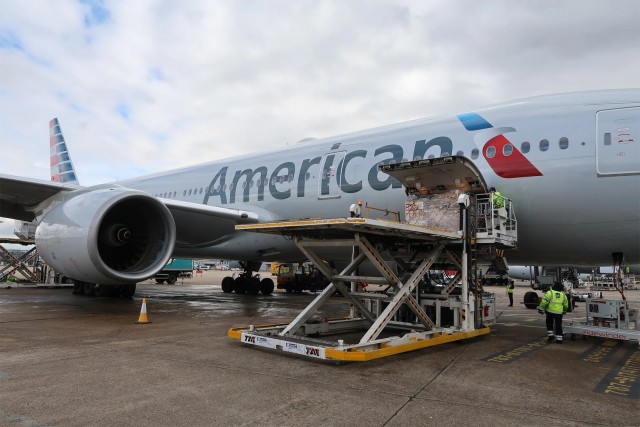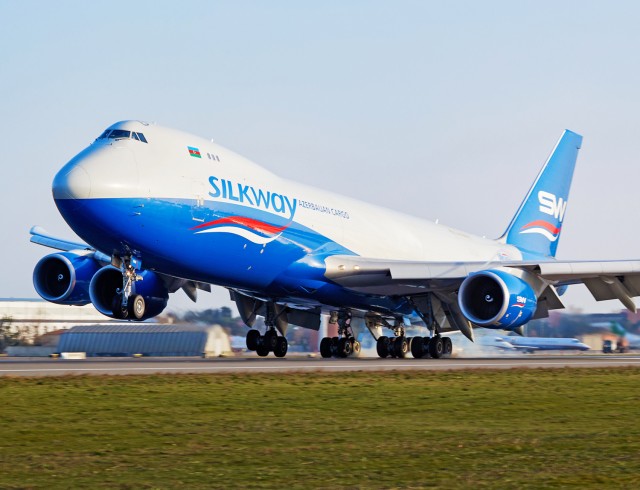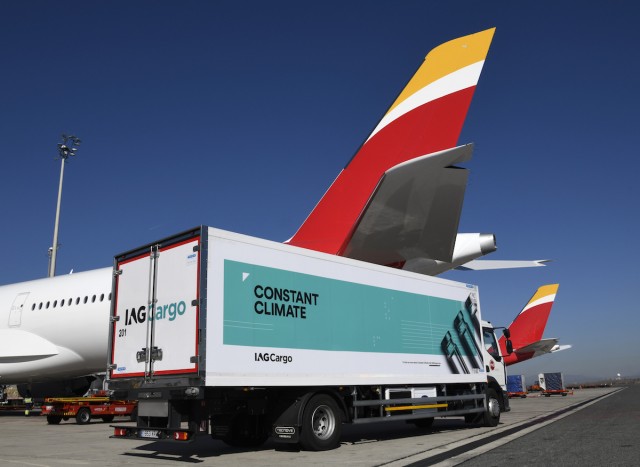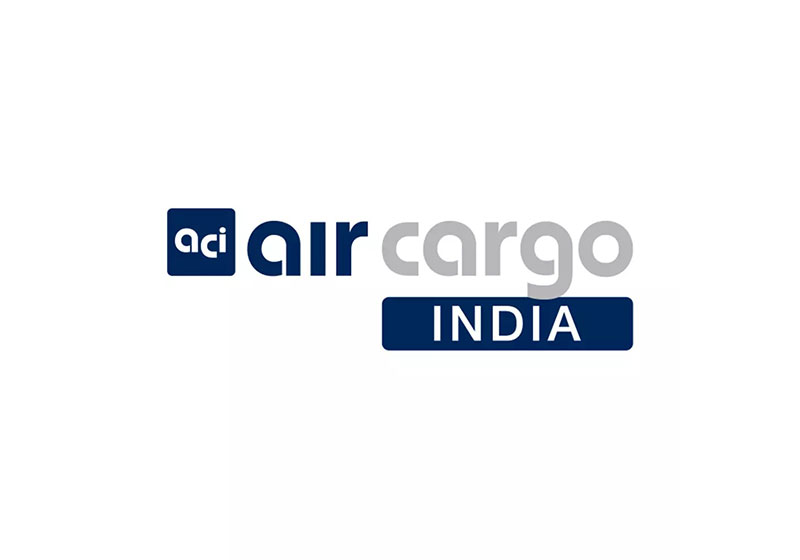American Airlines Cargo is leveraging industry-leading technology to offer customers enhanced supply chain tools for a smoother and more efficient shipping process.
After completing the implementation of a new end-to-end management system last year, the carrier is using the iCargo platform to evolve business capabilities that support the varying needs of its customers.
To better support capacity forecasting, American now uses artificial intelligence and Robotics Process Automation. This process uses bot technology to automate human to machine interactions and to auto-confirm specified air waybills (AWBs) or product types once booking requests are made. When bookings fall within certain criteria, the bot confirms the shipments 10 times faster than manual confirmation – therefore freeing up more time for team members to focus on more intricate booking requests or unique customer needs.
The airline also now uses machine learning technologies to inform decision making and protect cargo capacity. Using historical data, American can predict the probability of operational challenges as well as where late cancellations or failure to show may occur. This allows for a tailored, proactive approach for mitigating these challenges and managing customer needs.
At a time when adaptability is crucial, American is committed to being responsive to its customers’ needs. More self-service features will be available later this year, including online booking for specialty products and increased capabilities for varying payment and check-out methods.
“As we move through 2021, it will be increasingly important that we continue to modernize and adapt as an industry. The technology we’re using allows us to be more agile to meet evolving customer needs and keep cargo moving around the world,” said Roger Samways, Vice President of Commercial for American Airlines Cargo. “Despite its challenges, 2020 paved the way for us to be more effective and I look forward to seeing how the industry evolves as a result.”
In March, American will be operating more than 3,500 widebody flights, comprised of both scheduled passenger service and cargo-only flights, to help keep the world’s economy moving. The airline will continue to operate cargo-only flights according to customer needs and market demand.






